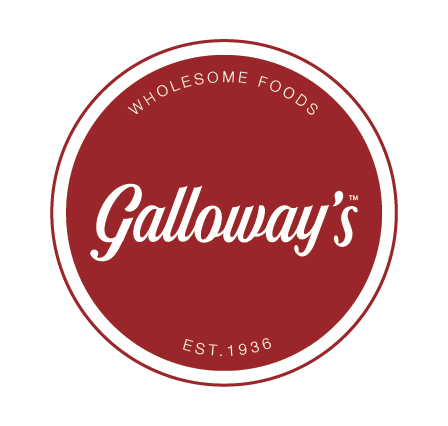What is gluten and should you try a gluten-free diet?
Photo Credit: Ales Krivec
The benefits of going gluten-free have been steadily gaining steam over the last couple of years, but is going gluten-free really beneficial to your health? Let’s start from the beginning, what is gluten? Gluten is a protein found in wheat, rye, barley and triticale—and unfortunately for those who are sensitive to it, it’s incredibly common. Of course, you will find gluten in bread, pastas, and any other foods that are made from wheat, rye, barley or triticale, but you will also find gluten in a surprising amount of other things. Gluten is added to many foods as a thickening or binding agent, or for flavouring or colouring. It can be found in beverages, vitamin and mineral supplements, medications, sauces, and even toothpaste! Gluten is in so many things that instead of reading the ingredients labels, it is often easier to just look for products that are specifically labelled as gluten-free or to look for whole foods that are naturally gluten-free to be safe. But is all this work really worth it? The answer is, for those with gluten intolerance, and especially those with celiac disease—yes, it is.
Celiac disease and gluten intolerance each come with a different set of symptoms. Celiac disease is an autoimmune disease where gluten triggers the immune system to damage the lining of the small intestine. This causes the body to eventually be unable to absorb nutrients from food. Gluten intolerance (or sensitivity) may cause abdominal pain, bloating, diarrhea, constipation, rashes or headaches, but the small intestine is not in danger of damage. If you think that any of these symptoms apply to you, make sure to visit your doctor for a diagnosis to ensure you can take the healthiest next steps for your body. If gluten is the cause of any of these ailments, eliminating gluten can have a variety of benefits:
1. Improved energy levels
Tired all the time? People with gluten sensitivity may be suffering from nutrient deficiencies, such as iron deficiency. After removing gluten from your diet, nutrient absorption can return to normal levels and you should find your energy returning in no time!
2. No more bloat
People with gluten sensitivity or celiac disease often experience excess gas and bloating after eating gluten. Remove the gluten, remove the problem! You’ll have a happier and healthier intestine and will notice an immediate improvement in digestive health. Other symptoms such as diarrhea, nausea and constipation may also be reduced after following a gluten-free diet.
3. Improved bone health
People living with undiagnosed celiac disease suffer from a variety of nutritional deficiencies, one of the major ones being calcium. Without the proper calcium intake, you are at risk of diseases such as osteoporosis. After removing gluten from their diet, celiac patients are shown to have a significant improvement in bone mineral density.
With these kinds of benefits, it can be easy to see why going gluten-free has been so popular in recent years. But what about those without gluten sensitivity or celiac disease? The results are less clear. For some, weight loss or self-treating digestive issues is the goal. Eating gluten-free often automatically eliminates many junk foods and other unhealthy treats because of the prevalence of gluten in these high-calorie snacks. But that may not mean that gluten is the cause, and stocking up on expensive, gluten-free alternatives doesn’t always mean that you are automatically choosing healthier options. Instead, focusing on eating whole, unprocessed foods is a great start if you are looking to reach or maintain a healthy weight, or to have a healthier digestive system.
Need help with that first step? We know that finding delicious recipes using whole and unprocessed foods isn’t always easy and having the time and knowhow to accomplish these recipes can be even harder. Don’t worry—we’ve got you covered.

